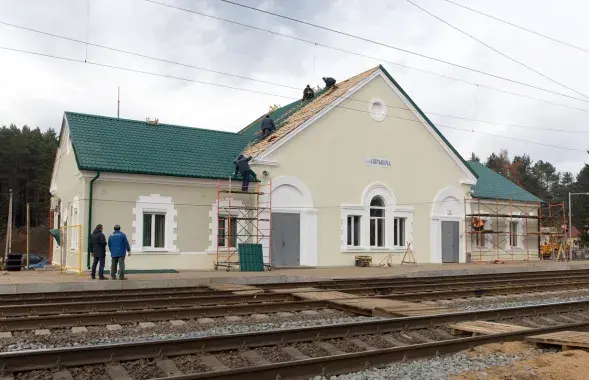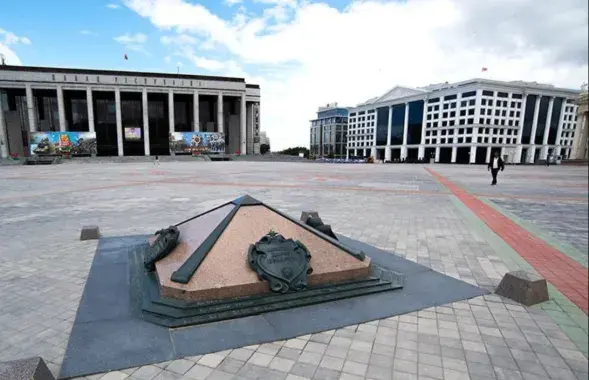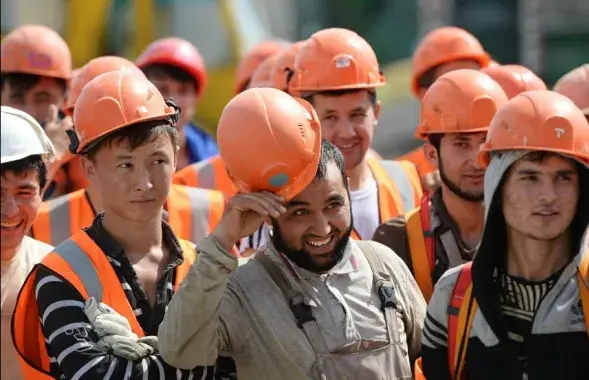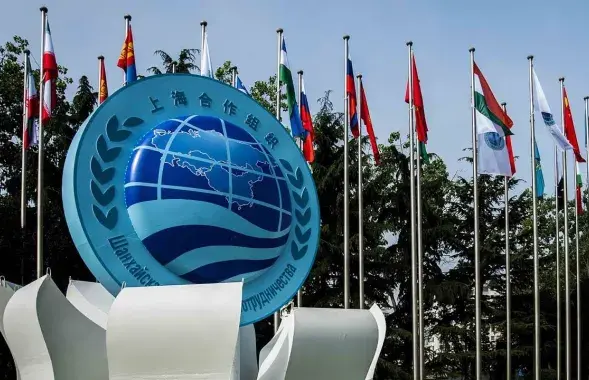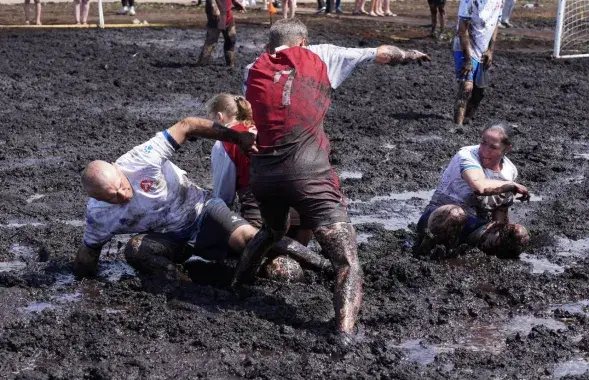11% of Belarusians support sending Belarus troops to Ukraine - poll
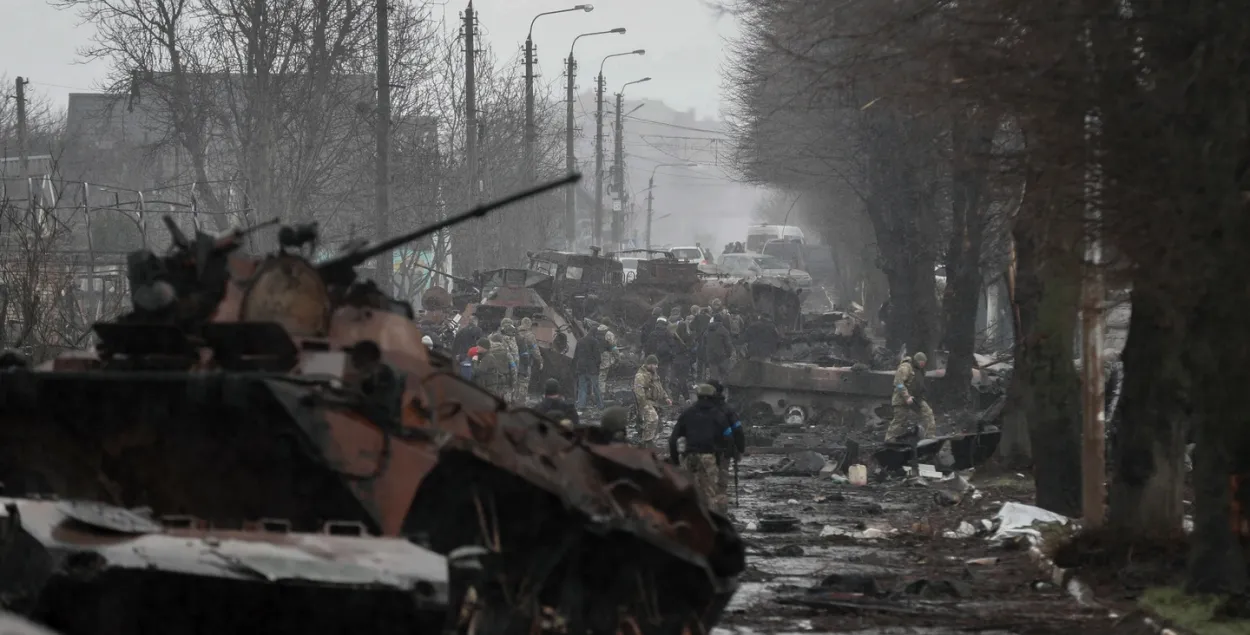
City of Bucha after liberation / ERA
Two-thirds of Belarusians frown upon Russia using Belarus' military infrastructure to attack Ukraine, according to the conclusions based on a sociological survey by Andrei Vardamatski's pollster Belarusian Analytical Workroom (BAW)
Only 11% would support the involvement of the Belarusian troops
According to the survey, an approximately equal number of Belarusians (about 40-45%) both support and oppose the presence of Russian troops in Belarus. But this does not mean that the exact correlation is valid for the rest of the war-related issues.
For example, two-thirds of Belarusians have a negative attitude to the use of the military infrastructure of Belarus by the Russian troops during the attack on Ukraine.
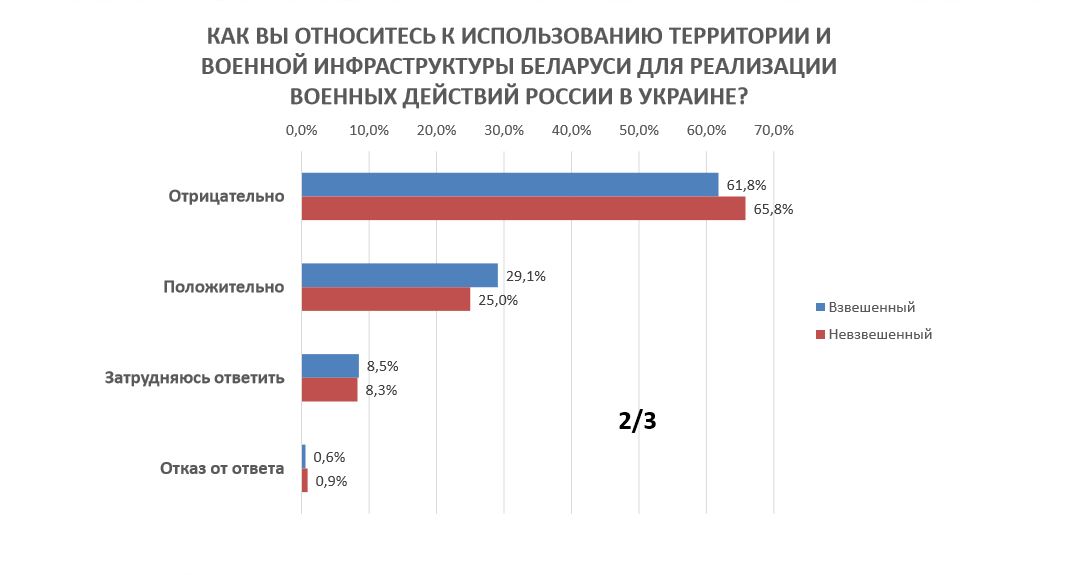
As for the possible participation of the Belarusian troops in the war, the vast majority frowns upon it. Only 11% of people would support it. Andrei Vardamatski uncovered an interesting correlation: the higher the level of respondents' education, the less support they have for the potential involvement of Belarusian troops in Ukraine.
Is Belarus complicit in the attack on Ukraine? More than half of the respondents answered in the negative.
Who is guilty of the war?
The question about who is to blame for the war was most often answered with the word "Russia". But such answers are 24.5-30.7% (depending on whether the answer was well-considered or not). Next comes the U.S. As many as 17.6-20% consider them to be to blame. But there is a nuance: according to Vardamatski, people arguing that the U.S. did not show enough determination or reaction in time also answered this way.
"The other motivational complex is an echo of events like the bombing of Yugoslavia, Iraq, and so on. The combination of these two motivational complexes is what gave rise to this figure," explained the sociologist.
Ukraine is blamed by 13.8%-17.5% of respondents. What is the motivation of these people? According to the sociologist, they are those who talk about "Nazis, drug addicts and Westerners". Other responses were NATO, the EU, and "both sides".
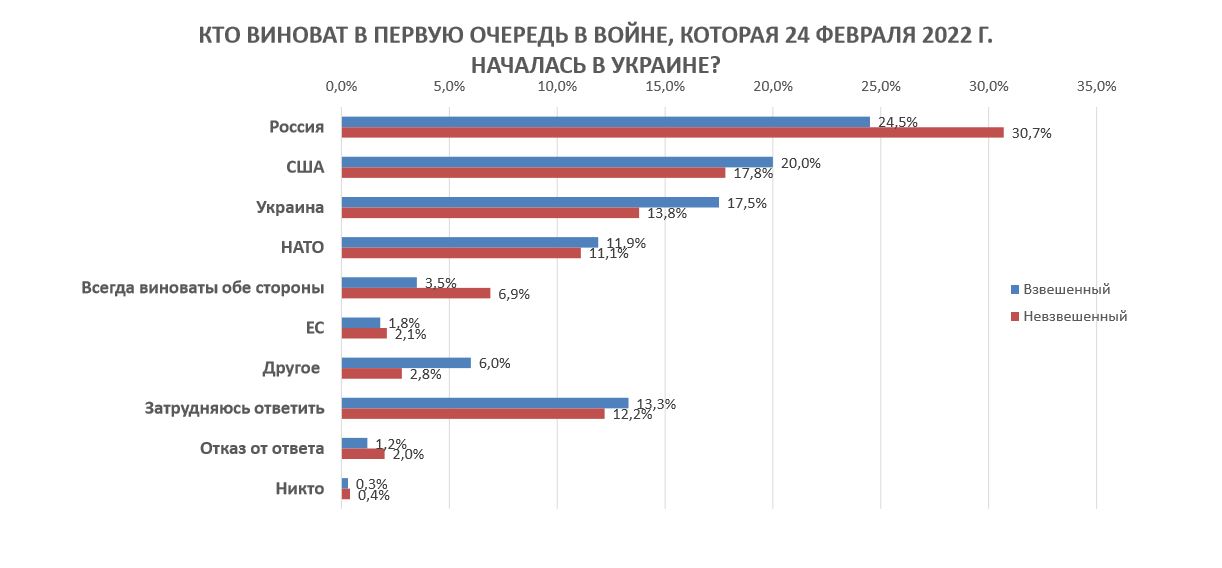
According to the study, more than a third of Belarusians approve of Russia's actions during the war, while about 50-55% disapprove. There are also more Belarusians who sympathize with Ukraine: 45.2%-49.3%. Those who sympathize with both sides of the conflict make up 23.3%, and Russia - every fifth.
However, as the sociologist said, "the majority of Belarusians have no feeling of war at all," because the maximum they encounter is when they see Russian military equipment. However, changes in public opinion can be registered in the next polls. More about it at the end of our story.
Geopolitical choice
Vardamatski's Workshop regularly measures the geopolitical choice of the Belarusians. According to the latest data, more than half of the residents are against the participation of the republic in military-political alliances, about third support the CSTO, and only about 5% stand for participation in NATO.
When asked who Belarus feels better in an alliance with - Russia or the European Union - 40.6% chose the Russian Federation, while 32.9% said it was the EU. Here the dynamics are interesting: a year ago (in March) 55% chose Russia, and 24% -- the EU. However, in November 2020, there were more supporters of the union with the EU than with Russia -- the opinion on this issue often changes.
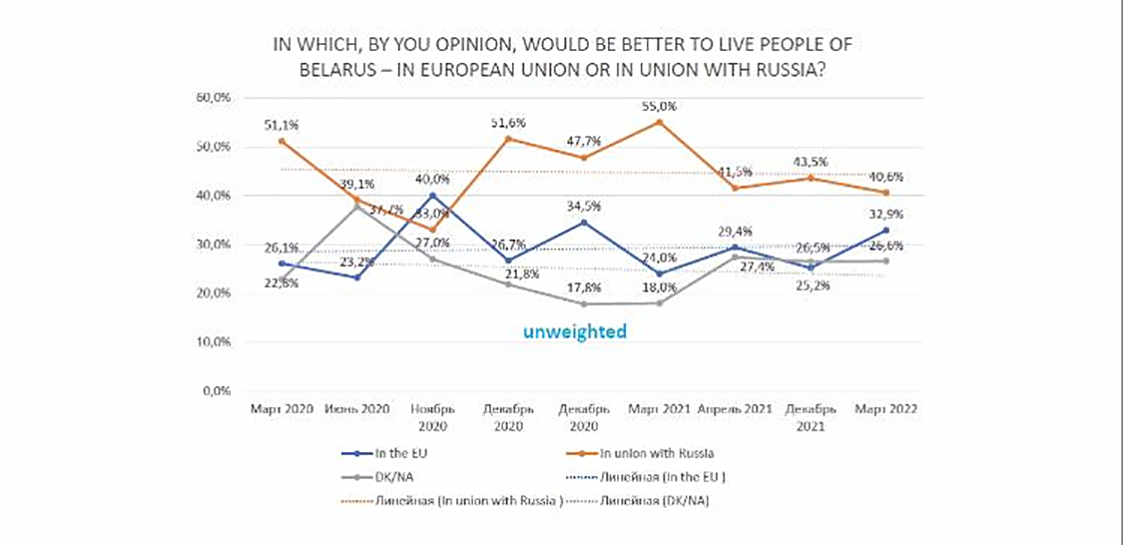
Sociologists also asked Belarusians about the "recognition" of the so-called LNR and DNR. About a half (46.5-52.2%) of the respondents supported Putin's decision to recognize these "republics". However, those who would support such a decision of official Minsk are about ten percentage points fewer in number.
How the survey was conducted
The survey was conducted by telephone: people were called based on their demographic characteristics. For a representative poll, sociologists had to receive answers from representatives of different genders, different ages, places of residence, professions, and so on. The sample included 1,000 people, which is an average figure for Belarus.
Vardamatski's Workshop is not registered in Belarus and cannot do "field surveys", just like other independent sociologists, for example, from Chatham House, who chose the method of online surveys among the urban population.
They conducted the poll on March 16-26, that is, before the evidence of the atrocities in Bucha, the missile strikes on the train station in Kramatorsk, and other Russian war crimes. Thus, it is possible that in the next measurements the public opinion may show some other dynamics.
